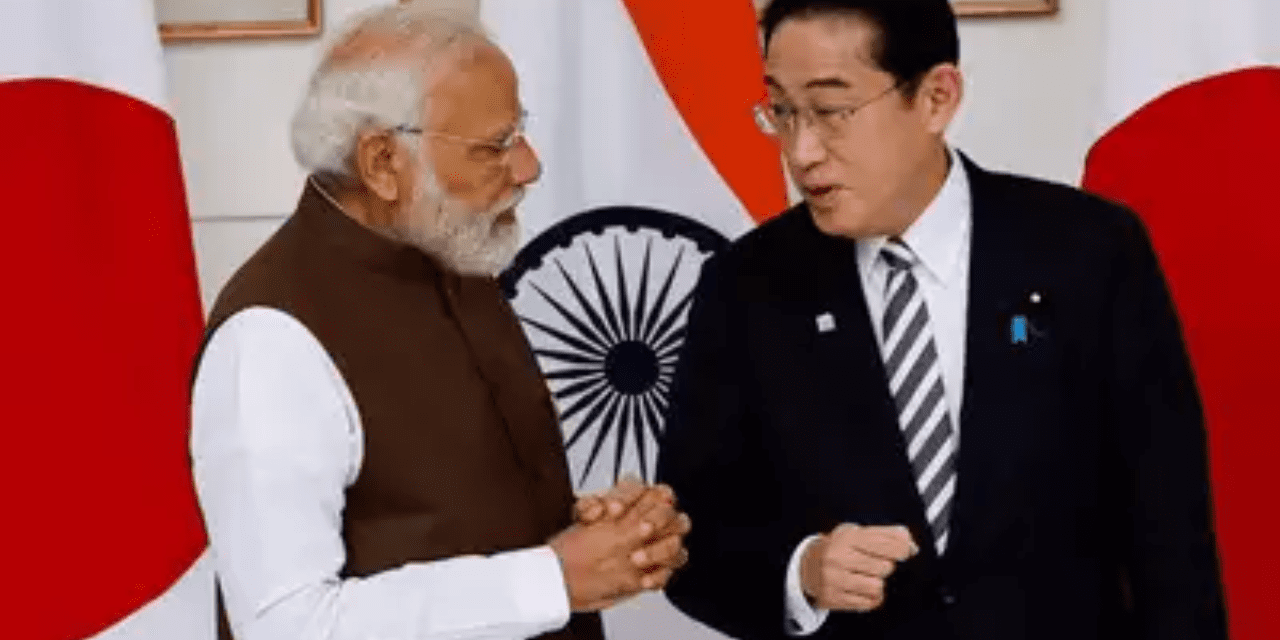India and Japan are set to reevaluate the rules of origin (ROO) and product-specific rules (PSR) of the India-Japan Free Trade Agreement (FTA) to address India’s concern over uneven gains from the agreement. Sources reveal that the Commerce Ministry is seeking inputs from export promotion organizations regarding desired changes in the ROO text and existing PSRs under the India-Japan Comprehensive Economic Partnership Agreement (CEPA).
Although India sought a comprehensive review of the FTA to achieve a better balance, the focus will initially be placed on modifying the ROO and PSRs to benefit Indian industries. Non-tariff measures will be addressed subsequently. The CEPA, signed in 2011, aimed to provide duty-free or low-duty market access for most goods. However, Japan has benefited significantly more than India, as its exports to India almost doubled while India’s exports remained stagnant.
India has prioritized the review of its CEPA due to the challenges its micro, small, and medium-sized enterprises face in meeting Japan’s stringent non-tariff measures, particularly related to technical standards. Japan, on the other hand, is eager to concentrate on ROOs, where changes could also benefit Indian exporters. ROOs determine the level of processing necessary in an FTA partner country for a product to be eligible for duty benefits. At the same time, PSRs establish the circumstances under which goods incorporating non-partner components remain eligible for preferential tariff treatment.
The Indian government hopes that the collaboration with domestic industries will facilitate potential modifications to ROOs and PSRs, ultimately leading to increased market access in Japan.

